India’s drug regulator has granted US pharma giant Gilead Sciences marketing authorisation for its anti-viral drug remdesivir for “restricted emergency use” on hospitalised Covid-19 patients in view of the crisis posed by the pandemic.
The approval process for remdesivir was accelerated in view of the emergency situation and the unmet need for medicines in light of the coronavirus outbreak, a source in the know of the developments told PTI.
The approval follows Gilead Sciences, Inc. announcement yesterday, which declared the topline results from the Phase 3 SIMPLE trial in hospitalized patients with moderate COVID-19 pneumonia. This open-label study evaluated 5-day and 10-day courses of the investigational antiviral remdesivir plus standard of care, versus standard of care alone. The study demonstrated that patients in the 5-day remdesivir treatment group were 65 percent more likely to have clinical improvement at Day 11 compared with those in the standard of care group (OR 1.65 [95% CI 1.09-2.48]; p=0.017). The odds of improvement in clinical status with the 10-day treatment course of remdesivir versus standard of care were also favorable, trending toward but not reaching statistical significance (OR 1.31 [95% CI 0.88-1.95]; p=0.18). No new safety signals were identified with remdesivir across either treatment group. Gilead plans to submit the full data for publication in a peer-reviewed journal in the coming weeks.
“Our understanding of the spectrum of SARS-CoV-2 infection severity and presentations of COVID-19 continues to evolve,” said Francisco Marty, MD, an infectious diseases physician at Brigham and Women’s Hospital, and associate professor of medicine at Harvard Medical School. “These study results offer additional encouraging data for remdesivir, showing that if we can intervene earlier in the disease process with a 5-day treatment course, we can significantly improve clinical outcomes for these patients.”
Remdesivir is currently approved in Japan as a treatment for patients infected with SARS-CoV-2, the virus that causes COVID-19. Outside of Japan, remdesivir is an investigational, unapproved drug. The U.S. Food and Drug Administration (FDA) granted remdesivir an Emergency Use Authorization for the treatment of hospitalized patients with severe COVID-19; the authorization is temporary and does not take the place of the formal new drug application submission, review and approval process.
In this study, hospitalized patients with confirmed COVID-19 infection and evidence of pneumonia without reduced oxygen levels were randomized (1:1:1) to receive open-label remdesivir for 5 or 10 days or standard of care alone. The primary endpoint was the clinical status as assessed by a 7-point ordinal score at Day 11, ranging from hospital discharge to increasing levels of oxygen and ventilatory support to death. The secondary study objective was the rate of adverse events in each remdesivir treatment group compared with standard of care.
At Day 11, a higher proportion of patients in the 5-day treatment group achieved improvement in clinical status versus the standard of care group, achieving statistical significance for a ≥ 1-point improvement in ordinal scale (p=0.026). In addition, non-statistically significant increases in clinical worsening or death were observed in the standard of care only group compared with the remdesivir groups.
“We now have three randomized, controlled clinical trials demonstrating that remdesivir improved clinical outcomes by several different measures. Today’s results showed that when treating moderate disease, a 5-day course of remdesivir led to greater clinical improvement than standard of care, adding further evidence of remdesivir’s benefit to previously released study results. The National Institute of Allergy and Infectious Diseases’ placebo-controlled study showed that remdesivir enabled more rapid recovery and that earlier treatment improved clinical outcomes. Our SIMPLE-Severe study showed that when treating patients with severe disease, 5 days of remdesivir led to similar clinical improvements as a 10-day course,” said Merdad Parsey, MD, PhD, Chief Medical Officer, Gilead Sciences. “The additional data we have in hand today will further guide our research efforts, including evaluating treatment earlier in the course of disease, combination studies with other therapies for the most critically ill patients, pediatric studies and the development of alternate formulations.”
Remdesivir was generally well-tolerated in both the 5-day and 10-day treatment groups. The most common adverse events occurring in more than 5 percent of patients in both treatment groups were nausea (5-day: 10% / 10-day: 9% / SOC: 3%), diarrhea (5-day: 5% / 10-day: 5% / SOC: 7%) and headache (5-day: 5% / 10-day: 5% / SOC: 3%).
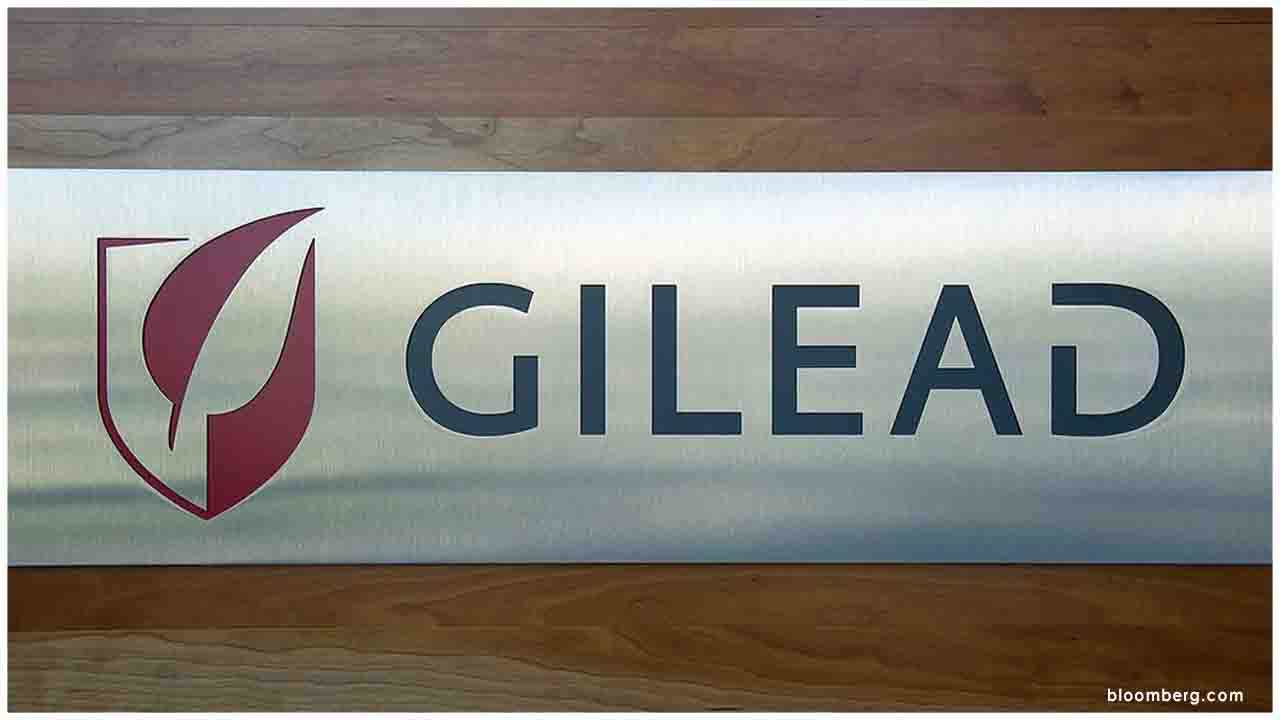
 Gilead wins approval for Remdesivir in India after phase 3 trial results are announced
Gilead wins approval for Remdesivir in India after phase 3 trial results are announced




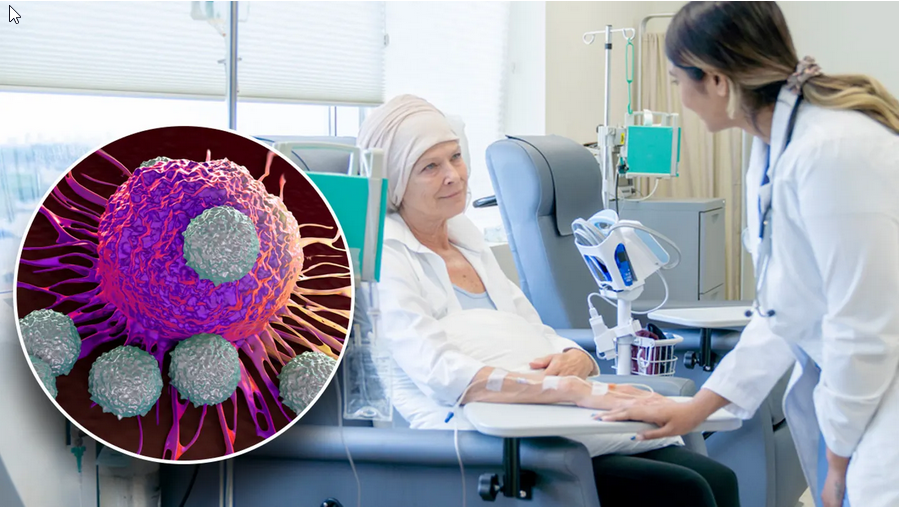



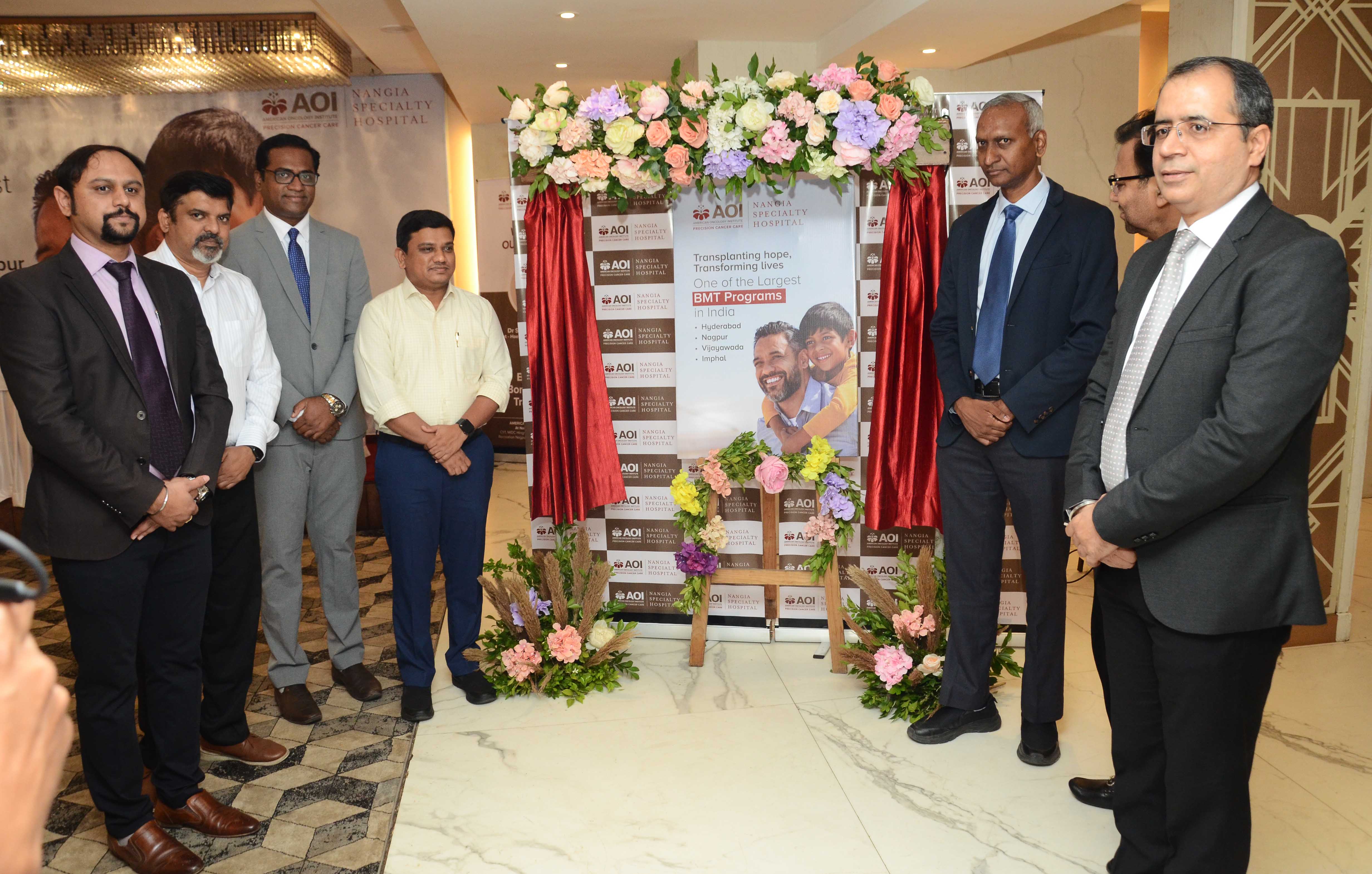

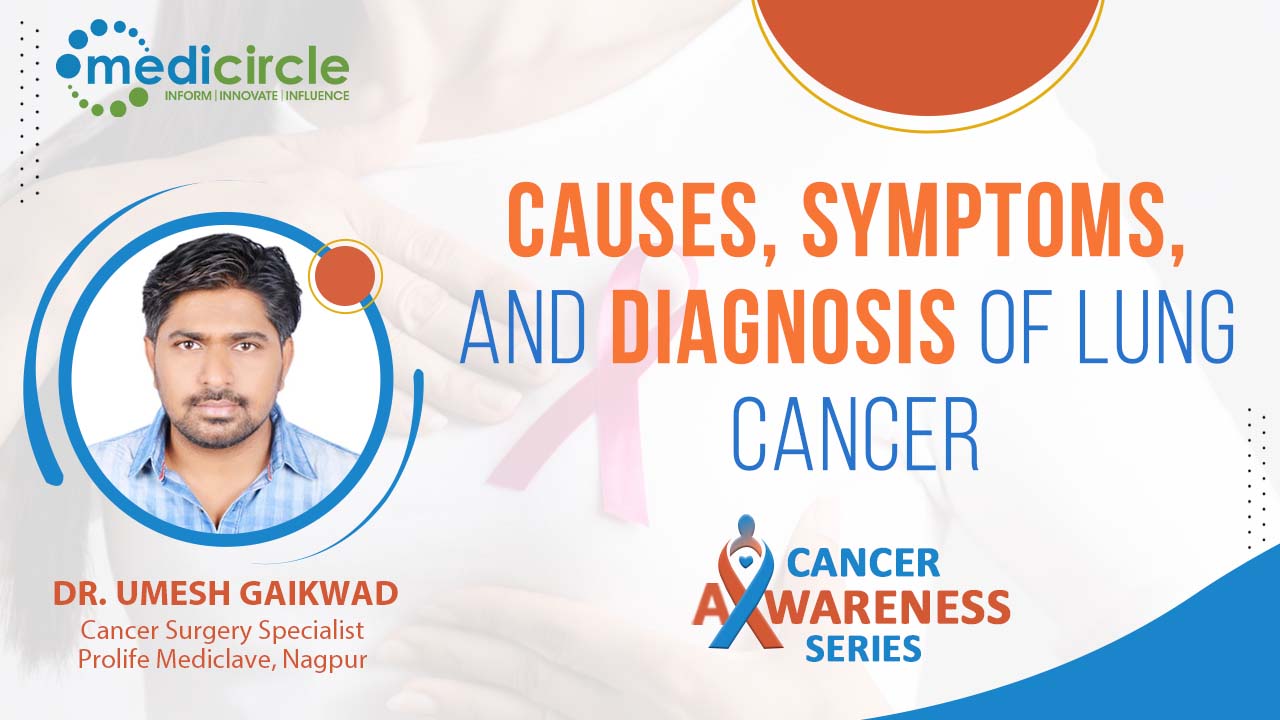
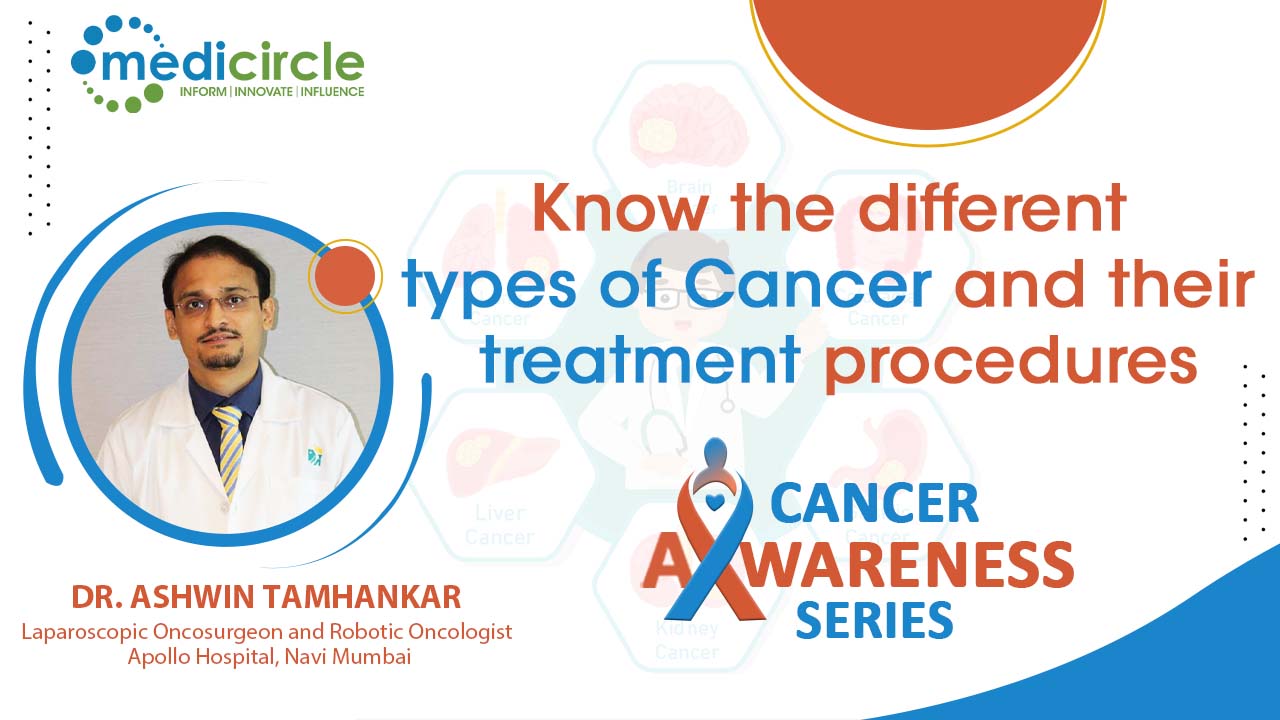
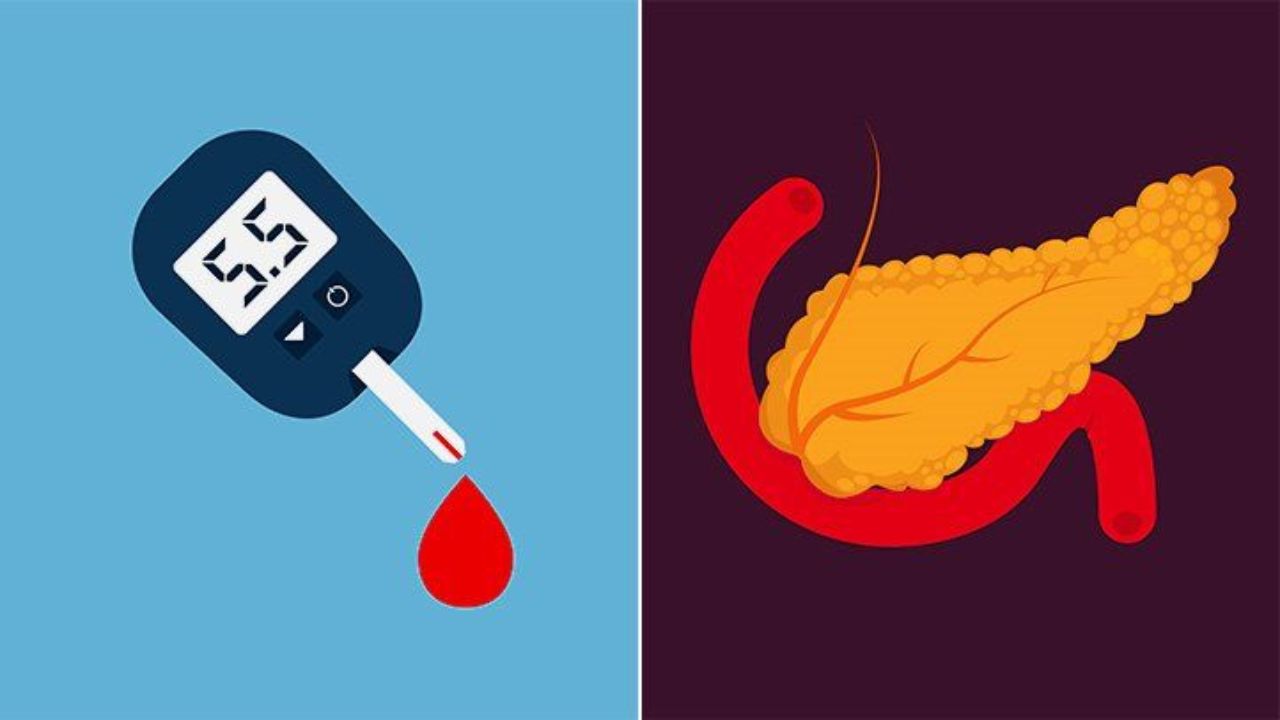






.jpeg)

.jpeg)










.jpg)




.jpg)

